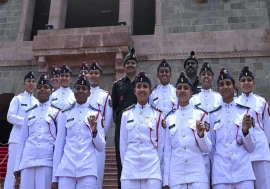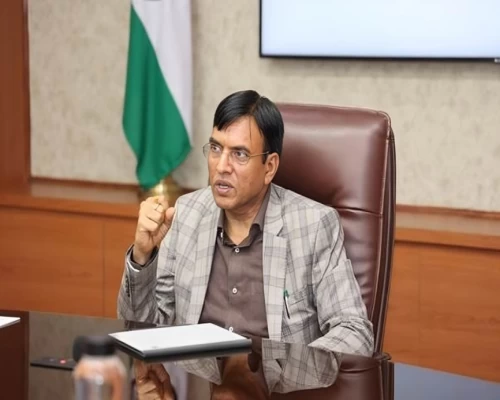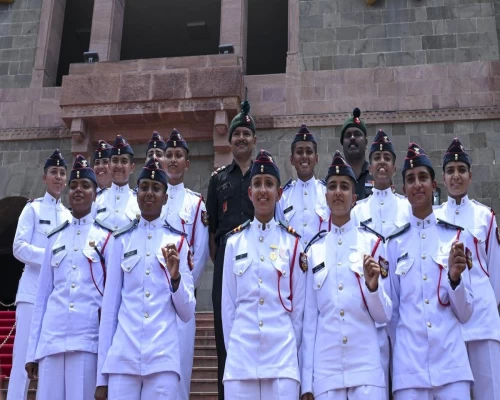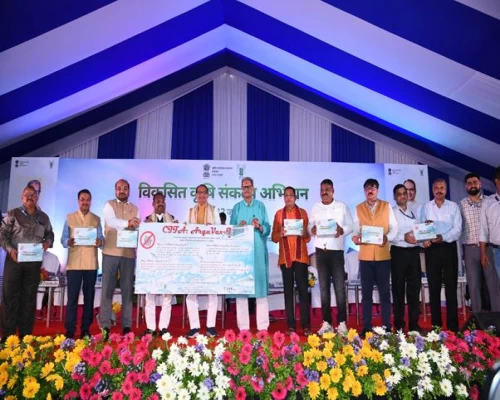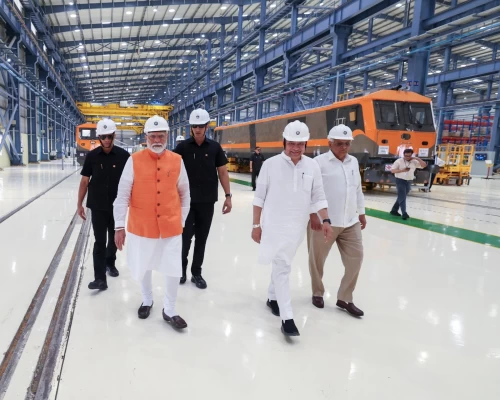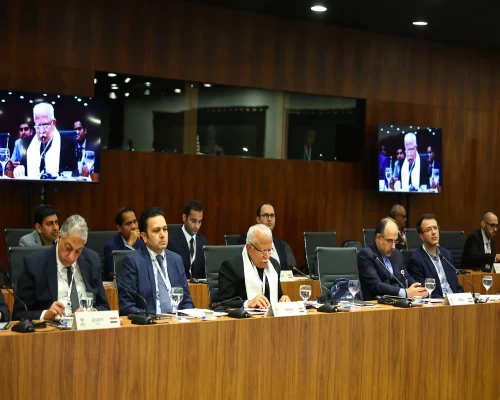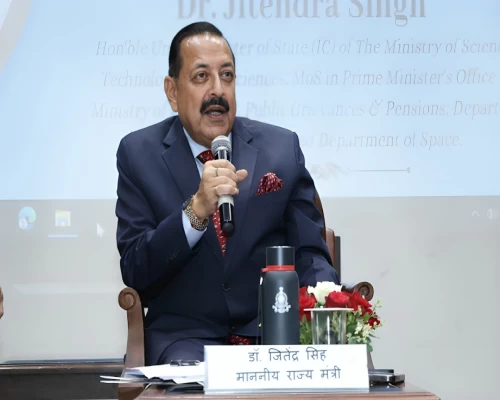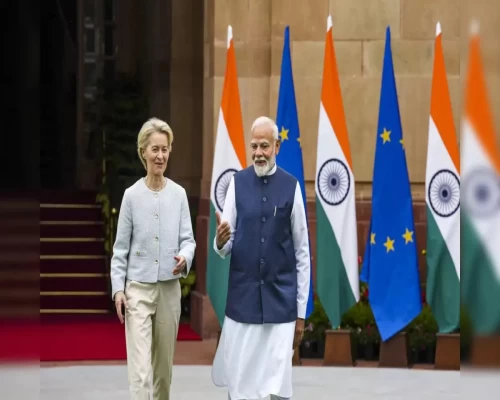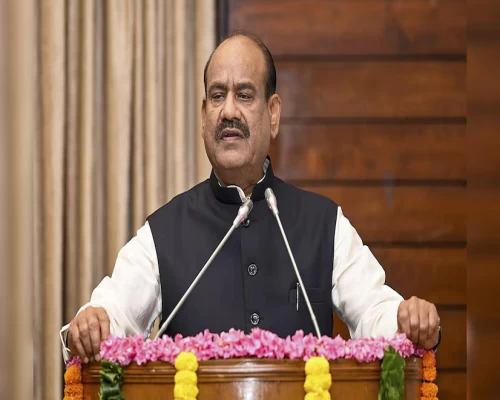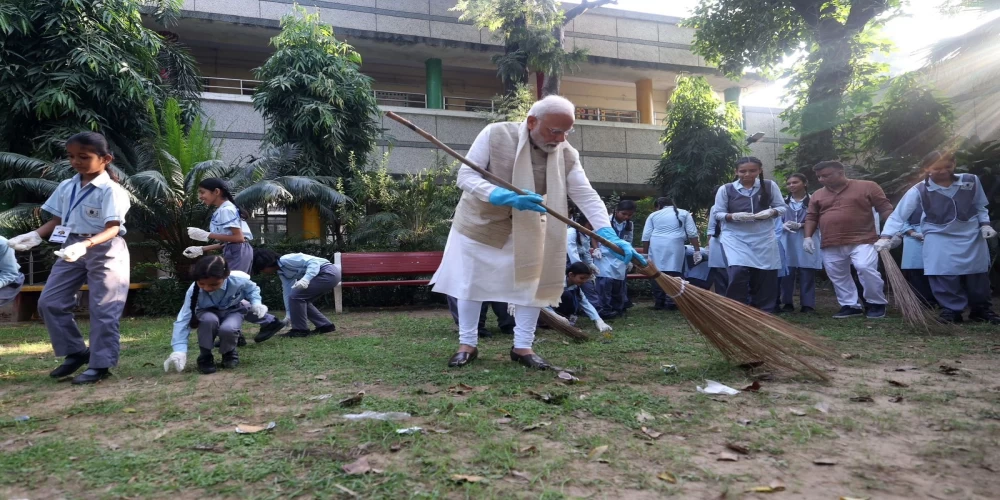
New Delhi: Prime Minister Narendra Modi celebrated the 10th anniversary of the Swachh Bharat Mission on Gandhi Jayanti 2024 at Vigyan Bhawan in New Delhi. The event, coinciding with the 155th birth anniversary of Mahatma Gandhi, focused on the significant progress India has made in sanitation since the mission was launched on 2nd October 2014. The Swachh Bharat Mission, divided into rural and urban components, aimed to eliminate open defecation, improve waste management, and promote better hygiene practices across the country.
In a post on X, PM Modi urged citizens to actively participate in cleanliness activities, stating, “Today, on Gandhi Jayanti, I took part in Swachhata-related activities with my young friends. I urge you all to also take part in some or the other such activity during the day and at the same time, keep strengthening the Swachh Bharat Mission. #10YearsOfSwachhBharat.”
Today, on Gandhi Jayanti, I took part in Swachhata related activities with my young friends. I urge you all to also take part in some or the other such activity during the day and at the same time, keep strengthening the Swachh Bharat Mission. #10YearsOfSwachhBharat pic.twitter.com/FdG96WO9ZZ
— Narendra Modi (@narendramodi) October 2, 2024
The mission has seen remarkable improvements in public health. According to the World Health Organisation (WHO), enhanced sanitation facilities contributed to 300,000 fewer diarrhoea-related deaths by 2019, compared to 2014. There have also been reductions in diseases like malaria and improvements in child health outcomes, such as lower rates of stillbirth and low birth weight.
One of the mission's most notable achievements is the construction of toilets for more than 10 million rural households. This effort has impacted around 50 million people, with many villages now declared Open Defecation Free (ODF). The provision of proper sanitation has also improved safety for women, with a UNICEF report indicating that 93% of women feel safer after having toilets installed in their homes.
In addition to health and safety, the Swachh Bharat Mission has brought financial relief. Households in ODF villages report annual savings of around Rs 50,000 on health-related costs. Also, the risk of groundwater contamination from human waste in these villages has decreased by more than 12 times.
The mission's efforts extend beyond homes and villages, focusing on keeping iconic places clean with the support of both corporations and individuals. This public and private cooperation has played a significant role in maintaining cleanliness at important cultural and tourist locations.
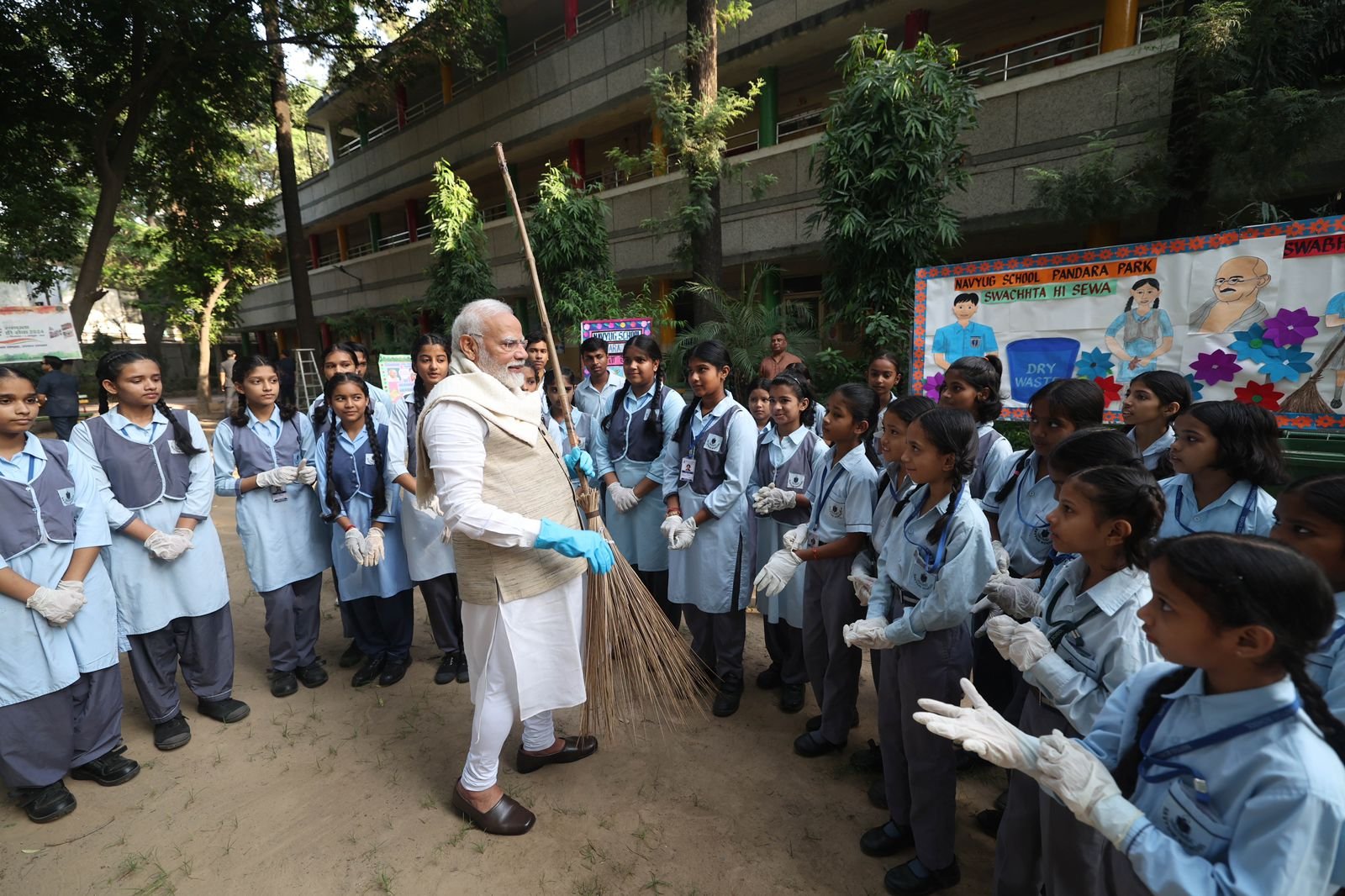
Access to sanitation has improved dramatically since the mission's launch. In 2004-05, only 45% of households had access to toilets, but by 2021, this figure had increased to 82.5%. Urban centres have achieved even higher rates, with 95.6% of households having access to toilets, though rural areas still lag slightly at 76%. Improved toilet coverage has also led to reductions in infant and child mortality rates in districts with over 30% toilet coverage.
Despite the achievements, challenges remain. In 2019, India was declared Open Defecation Free, yet World Bank data shows that 11% of the population, primarily in rural areas, still practised open defecation in 2022. This number is higher than in some neighbouring countries, but the government continues to push for further improvements. Currently, 93% of villages have reached ODF Plus status, and 78% of waste is being properly processed.
As the Swachh Bharat Mission moves forward, it remains committed to enhancing sanitation and waste management across the country. The successes of the past decade have laid the groundwork for continued progress, aiming to create healthier, cleaner communities for millions of Indians.
BI Bureau



